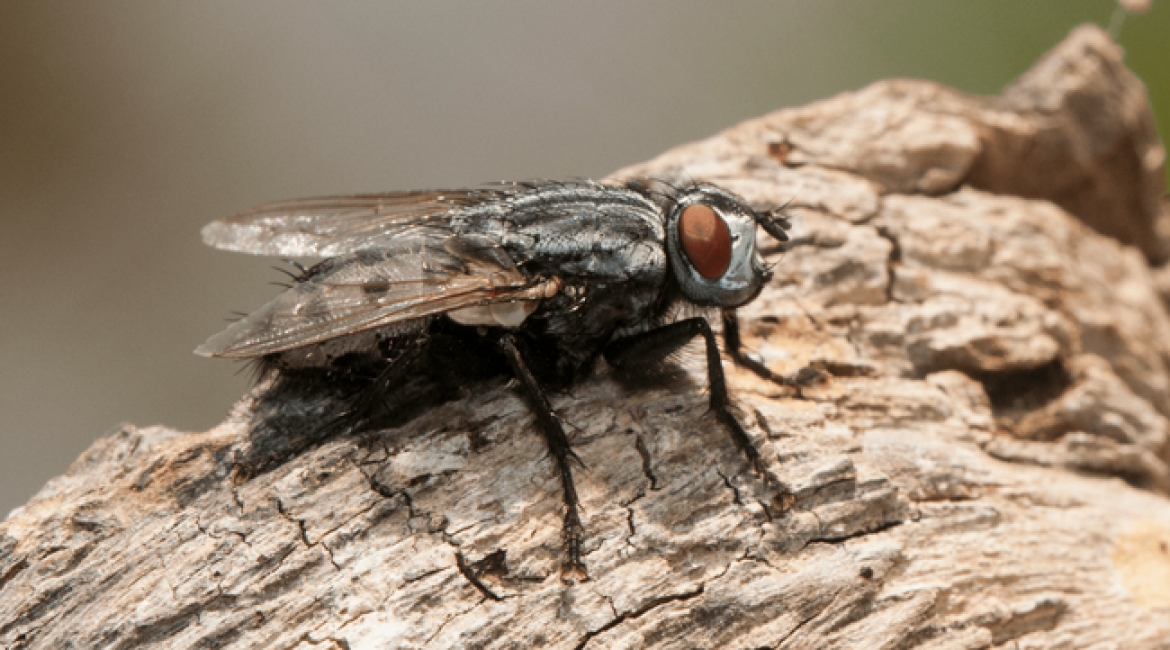RIO DE JANEIRO, BRAZIL – Uruguay is preparing to import “between 20 million and 25 million flies every week” from a laboratory in Panama, as announced by the Minister of Livestock, Agriculture, and Fisheries, Fernando Mattos, on Monday, July 4, at a press conference.
The reason? The measure is in response to the National Eradication Plan for the “bichera” fly, a parasite that lays eggs in the wounds of warm-blooded animals and whose larvae eventually devour the meat of these animals.
According to Mattos, “the losses generated annually by this parasite are estimated at around US$40 million”, which he defined as “a transboundary pest that has always been present in the environment”.

For this reason, Mattos participated in an official mission to Panama, where he visited “a plant that applies the sterile insect technique”, that is, “radiation is applied on the fly and from that moment on it is not viable from the reproductive point of view”.
This technique, which, according to Mattos, “has 60 years of development” and “has been successful in the United States, Mexico, and all the countries of Central America”, implies that the flies arrive in the “pupa” stage, before becoming adult flies.
“At low temperature, they are transported by air to Uruguay, and a laboratory can reanimate them and turn them into adult flies”.
Thus, the adult flies will be “dispersed by air in airplanes that will travel throughout the territory” in “dispersion zones that are previously defined”.
“We have set ourselves the objective of moving forward with the producers’ guilds that will be responsible for financing this program, as was assumed from the beginning,” explained Mattos; in turn, articles 158 and 159 of the Rendering of Accounts establish a trust fund of 50 million Indexed Units – specifically, 50,450,000 – that will come out of the Fund for the Control of Prevalent Diseases to finance this project.
“In September 2023, we will be initiating the dispersion stage, in an advanced stage of the eradication program,” the minister added, and advanced that they will also work to minimize “the risk” of “reintroduction in endemic areas.”
“We will have to maintain a biological containment barrier to the extent that neighboring countries do not adhere to the program, which is a possibility that we will work on with the health authorities,” he concluded.
With information from La Diaria

